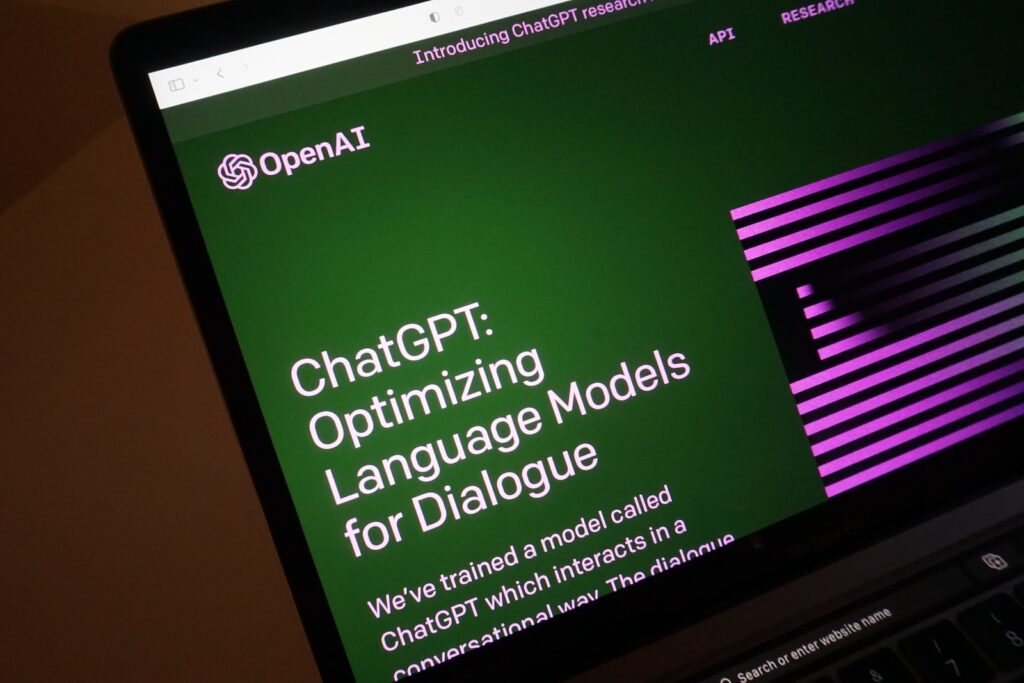OpenAI, supported by Microsoft, has announced a significant update to its AI chatbot, ChatGPT, enabling it to access the internet for real-time information. This development comes as a breakthrough, as the system was initially limited to data accumulated until September 2021.
This enhancement allows premium users to pose questions about current affairs and access the latest news, with plans to extend this feature to the entire user base shortly. Additionally, OpenAI disclosed plans for ChatGPT to facilitate voice interactions, marking a step forward in user engagement.
ChatGPT, along with similar platforms, utilizes vast datasets to generate authentic human-like responses, reshaping the way users seek information online. However, until this update, the chatbot’s knowledge was static, limited to information available up until its last training date, restricting its ability to provide real-time insights.
This limitation has been a point of contention for some users, necessitating reliance on traditional search engines or news outlets for up-to-date information. Tomas Chamorro-Premuzic, a professor of business psychology at University College London, emphasized the potential of ChatGPT as a go-to source for the latest news but cautioned against the risks of misinformation due to the lack of source citation.
OpenAI has faced scrutiny from US regulators, addressing concerns about the potential generation of false information by ChatGPT. The Federal Trade Commission (FTC) has engaged with OpenAI to ensure the mitigation of risks associated with misinformation, to which OpenAI has committed to cooperate.
The delay in introducing real-time browsing was attributed to various factors, including computational costs, potential inaccuracies, and ethical considerations surrounding access to real-time information and copyrighted content.
ChatGPT’s ability to access real-time data underscores the challenges faced by the AI industry, balancing the pursuit of advanced functionalities with ethical considerations and potential risks. The introduction of these new features highlights the evolving landscape of AI, where innovation and ethical responsibility are in constant dialogue.

